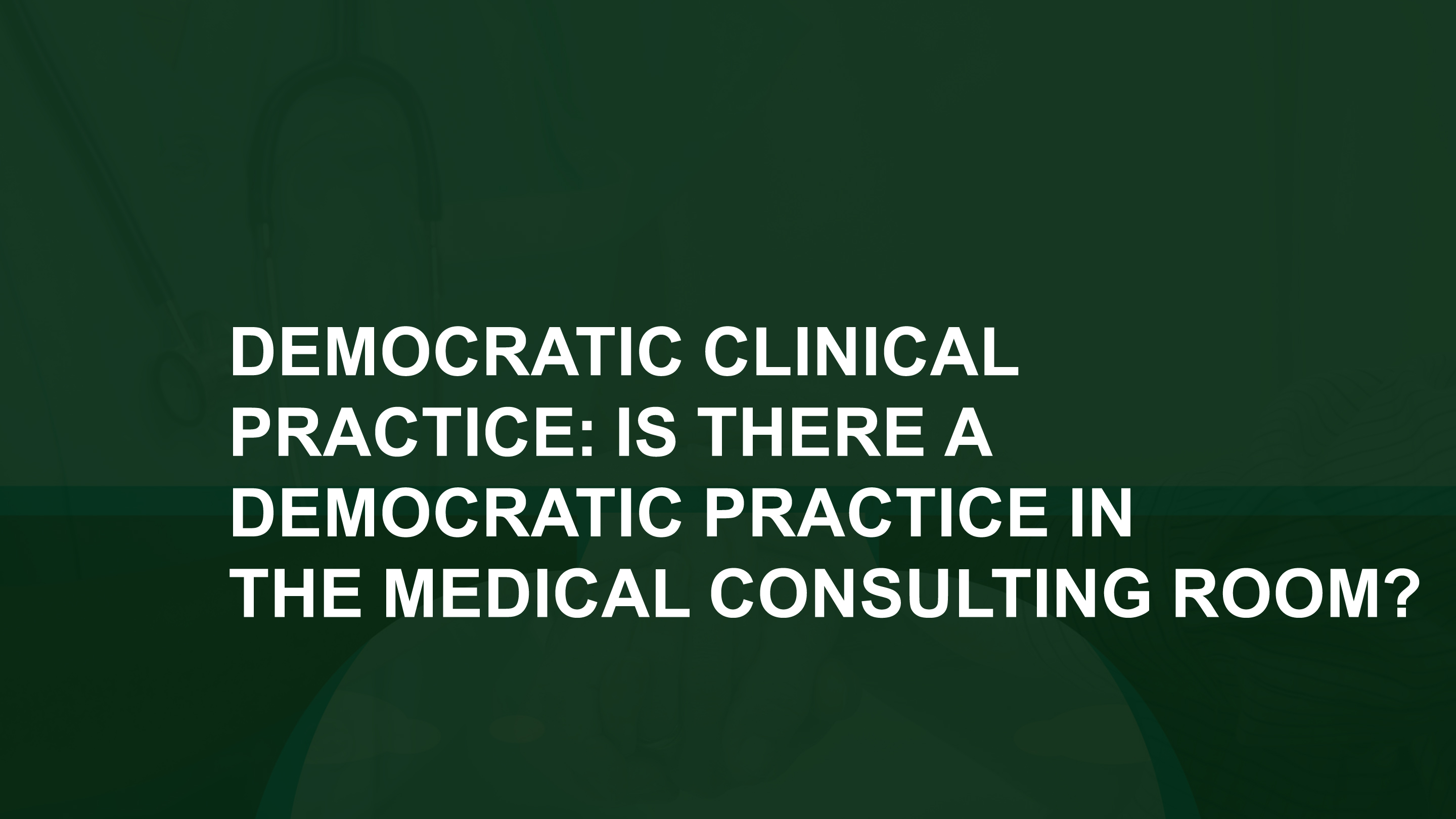Democratic Clinical Practice: Part B
As I recall, Democracy was the topic of my first class of Political Sciences back in the school. We were taught that it is the milieu of collaboration, where a group of elected representatives commits to the duty of serving the nation, where its citizens have a safe and impregnable space to exercise their rights. Democracy is not something that one can achieve rather it is the process that one has to keep practicing, the one whose principles evolve with time.
On the contrary, there are set ups like Autocracy. Also known by the names Dictatorship, Totalitarianism, Monocracy. It refers to the form of government, which is Authoritative. Here absolute control and power resides in the hands of one person, the one who is adjudged the superior to all. He is the only one with the rights and can encroach upon any person’s decisions or personal territory. He is the one with the ultimate competency.
Talking about the politics of India, we were enslaved for 200 years by the East India Company and fought diligently to attain our Independence. Ultimately, on 15th of August 1947 we broke the fetters to become the largest democracy of the world. It has been proud 72 years since we politically moved from Autocracy to Democracy, continuously transpiring and transfiguring to adapt to the change.
Yet there are certain disciplines, which have not been able to metamorphose, and one such example is the Healthcare System of the country. Where the Autocracy is donning the facade of Democracy to masquerade itself. It is right there in front of our sights and still so inconspicuous.
The free constitution gives us, the citizens of India the right to speech, the liberty to speak our hearts out. However, the moment a patient enters a clinic this right somehow seems to vanish. Even today, colonial legacy exists in clinical practice. “Interruption and taking over the patient’s talk in the consultation, medicalisation of their narrative”,one hastily explaining the treatment and diagnosis all of them are the markers of its existence. The language, behaviour and attitudes of the doctors in consultation are dominating and authoritative thus overwhelming the patients. May be this is why the patients are feeling ignored, and not listened to. After all, what is the meaning of democracy without the freedom to express dissent?
So what are the impediments in the establishment of a democratic environment?
While there are several hindrances, huge workload, shortage in workforce, severe time constraints and ineffective clinical communication skills are the ones that are commonly cited. Here, I will focus on clinical communication skills.
Last week I went to buy a laptop and spent half of my time just asking about the processor, the price, the qualities and the flaws. In essence, I just wanted to know everything I could before investing my money into it. Now just try to imagine what a patient goes through when he comes to us, when he is going to make decisions to invest into his health. How can we expect him to not ask any questions and believe in us blindly. Ultimately, it is one of the fundamentals of democracy to express, to be heard and to be informed.
According to me the problem lies somewhere in the roots of medical education. The entire curriculum corpus and the pedagogy is plainly deficient when it comes to teaching about the communication prowess and its importance. Very few people are hardly trained in clinical communication skills. In fact it is a preconceived voguish notion that either you are good at communication or you are not and there is scarcely anything that you can do about it but it is fallacy.
Communication skills are the tools which have the potential to reshape the current scenario of autocratic medicine into the democratic medicine. They are the foundation stones of a better tomorrow.
Reference:
1. Bleakley A, Bligh J, Browne J. Medical Education for the Future. Identity, Power and Location. Springer Netherlands; 2011.
Taranjot Kaur
Final Year MBBS student
Dr.Yashwant Singh Parmar Government Medical College
Nahan, Himachal Pradesh.


Reviews